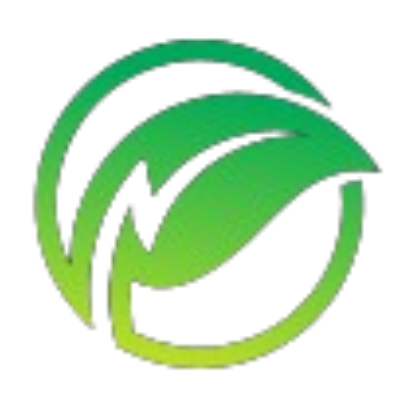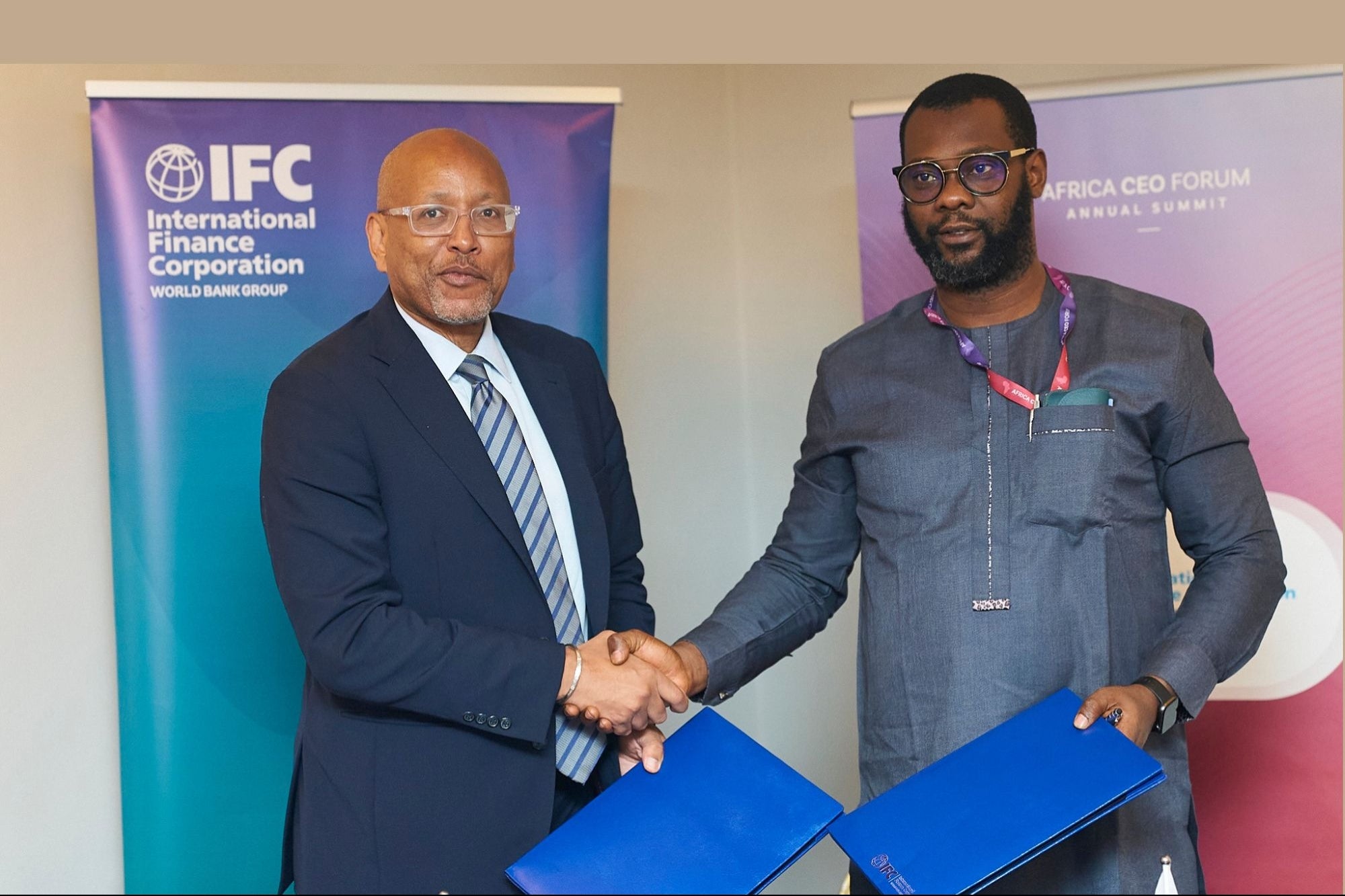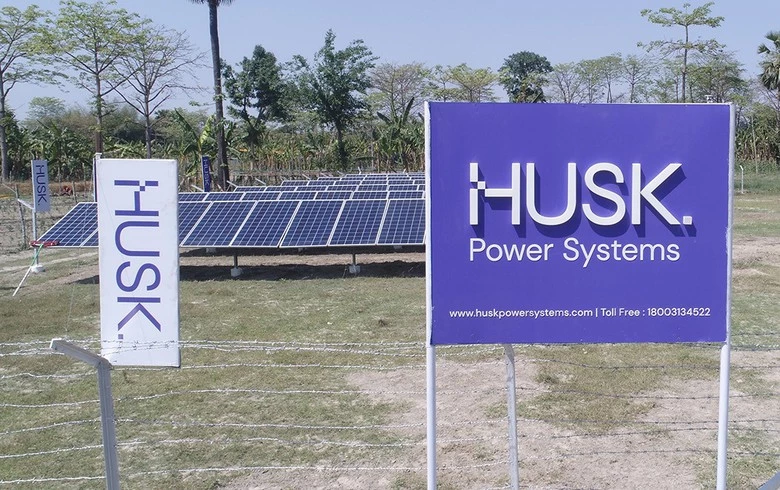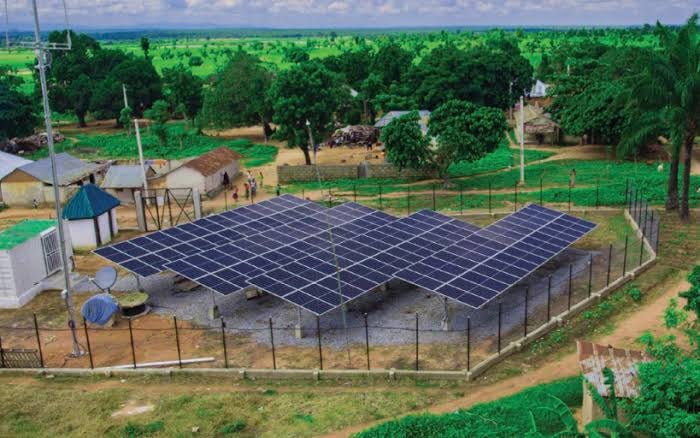

Husk Power built solar mini-grids in rural Nigeria, giving thousands of homes clean, reliable power and helping small shops grow.
Many villages in northern Nigeria had little or no steady electricity. People used old diesel machines or had no lights at night. That made work hard and kept shops and small farms from growing.
Husk, a company that builds small local solar grids, asked for money to build many tiny power systems called mini-grids. The IFC and Canada gave money in May 2025 so Husk could build up to 108 mini-grids. Each mini-grid uses solar panels (and batteries) to make clean power near the village. This gave homes, shops, and schools reliable power.
With steady electricity, people can keep lights on, run fridges to sell food, charge phones, and use small machines for work. The money plan is made so Husk can build, get paid back, and then build more places. This helps many more towns get power step by step.


Total project cost estimated at $25 million. IFC provided $5 million (a $2.5M senior loan + $2.5M concessional loan).
Demoralized voluptatum deleniti atque corrupti dolores quas molestias excepturi sint occaecati.
This project is the first transaction under the IFC DARES (Distributed Access through Renewable Energy Scale-up) platform, a larger facility to speed up decentralized clean energy in West & Central Africa. That makes this project a pilot for scaling. IFC
The program supports wider goals to bring electricity to millions across Africa and to help women-led households and small businesses.
Husk Power built solar mini-grids in rural Nigeria, giving thousands of homes clean, reliable power and helping small shops grow.